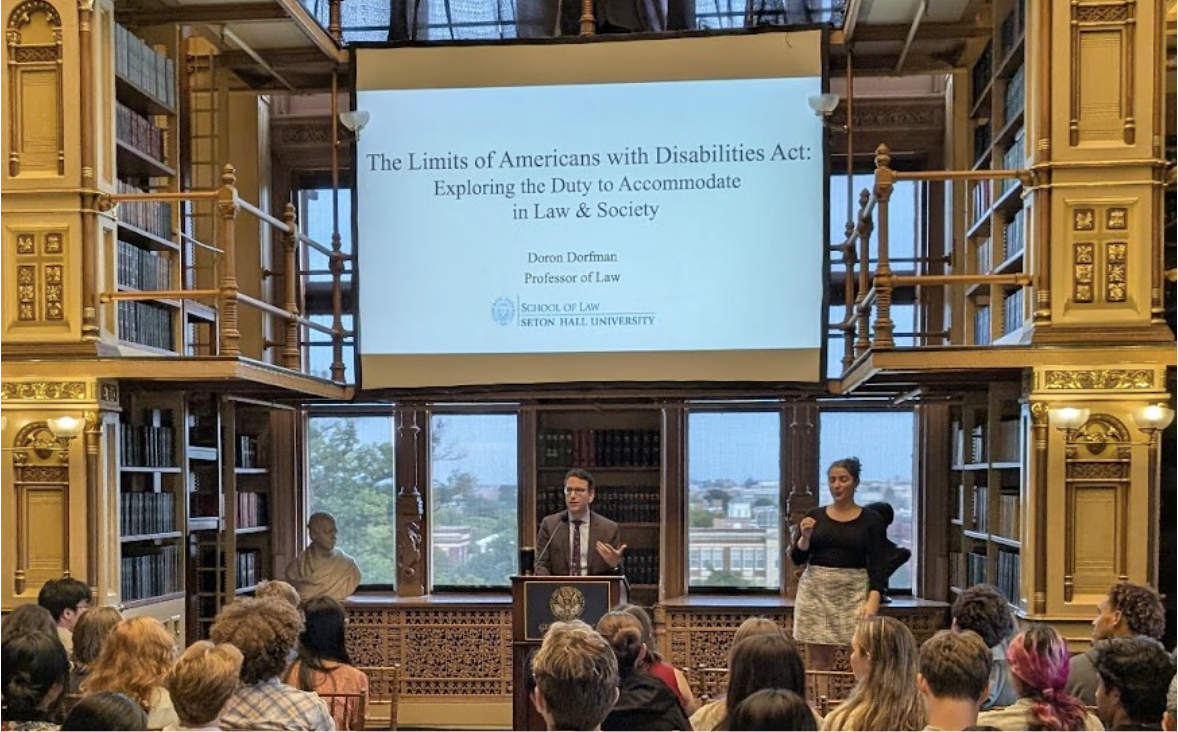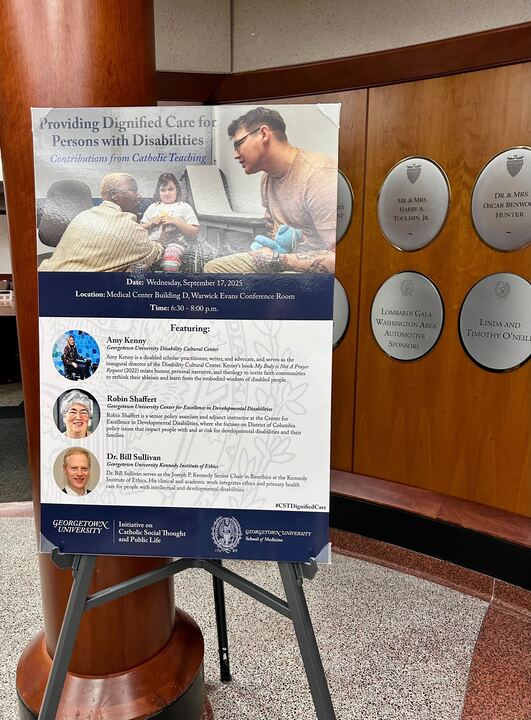President Donald Trump promoted a number of unproven or discredited claims about autism and announced a series of policies aimed at combating a perceived “autism epidemic” in a White House press conference Sept. 22.
In addition to alleging links between autism and vaccines, Trump also pushed unsubstantiated claims that pregnant women who take acetaminophen — a drug commonly known as Tylenol, used to treat fever symptoms and alleviate pain — are at increased risk of having children with autism. Trump and Robert F. Kennedy Jr., secretary of the U.S. Department of Health and Human Services, announced a proposal to update Tylenol’s safety label and award research grants with the goal of “ending the autism fever.”
Autism is a neurodevelopmental spectrum disorder typically diagnosed within the first 2 to 5 years of life and characterized by a broad set of cognitive and behavioral differences. According to the Centers for Disease Control and Prevention (CDC), about 1 in 31 children aged 8 years old lives with autism. Trump and Kennedy’s claims prompted outcry from medical experts and public health officials who disputed the assertion of a causal link between taking Tylenol during pregnancy and the development of sociobehavioral disorders in children.
While autism’s origins are not well-understood, current scientific literature proposes that it emerges through a complex interplay of inherited genes and de novo (new) mutations.
Patrick Collins (CAS ’28), a Georgetown University student studying biology, said the administration’s rhetoric reduces a complex psychological condition to a widely used medication with no evidence to support such claims.
“I don’t think that we should be taking advice from a person who can’t pronounce the drug he is claiming to link to ASD,” Collins told The Hoya. “It simplifies a complicated neurological disorder to the most commonly taken drugs in the country. The variables are too complex, and implying causation is far too irresponsible given the large amount of factors at play.”
Trump and Kennedy also voiced concern about the “horrible, horrible crisis” of autism, with Trump expressing condolences for parents of children with autism.
Ari Delaney (CAS ’26), a senior studying psychology and justice and peace studies, said she is particularly concerned about how the administration’s actions could exacerbate persistent negative perceptions about individuals with autism.
“People with Autism Spectrum Disorder (ASD) already face a significant stigma, one which is only magnified when an administration uses dehumanizing language in reference to it, presenting autism as an ‘epidemic’ that parents should be fearful of, something that ‘destroys families,’” Delaney wrote to The Hoya.
Joel Reynolds, director of the disability studies program at Georgetown and associate professor of philosophy and disability studies, said public health recommendations should focus on inclusion rather than elimination of neurodivergence.
“What we should be doing as a society that presumably values freedom and justice is to utilize the best scientific and social scientific research to provide care and support that meets the real needs of disabled populations, including the autistic community, as opposed to acting as if being disabled in some way or another is automatically bad — that we need to cure things and get rid of entire ways of being in the world,” Reynolds told The Hoya. “What we’re seeing is not just a complete failure of scientific integrity, but also of ethical and moral integrity on the part of these leaders.”
Delaney said politicians must tread cautiously when disseminating information on health issues that impact how people interact with the world around them.
“It is so important for people, especially governing officials, to be critical in their research and precise and empathic in their language concerning medical conditions that affect human beings,” Delaney said. “I would hate for this stigmatizing perception of ASD to be perpetuated and to impact any student on campus, whether they have or know someone who has autism.”
Reynolds said inclusion is connected to a number of core Georgetown principles.
“Autism is a part of what it means to be human,” Reynolds said. “It’s based on cura personalis, care of the whole person. We can’t care for people by acting as if it’d be better for them to not be alive than to be the way that they are.”
Reynolds added that public health officials should be crafting policy and speech based on scientifically supported ideas, but that doing so in the current political environment is becoming increasingly more difficult.
“I think being supportive and science-backed in the way that we think about differences at the level of people’s bodies and minds, that is a Jesuit value,” Reynolds said. “Freedom of inquiry and valuing facts and data are central to higher education, and this is a moment where students, staff, university leaders and everyone else need to defend and stand up for these values.”






